The recognition of evidence as unacceptable in the judicial practice of our country is currently accompanied by evidence of violation of the CPC in the process of obtaining disputed information. The data, if a violation of the standards was discovered with respect to them, will not have legal weight. This means that it is not allowed to use them to justify any fact, conclusion. At the same time, to declare the evidence inadmissible means to declare the impossibility of substantiating the charge on such information.
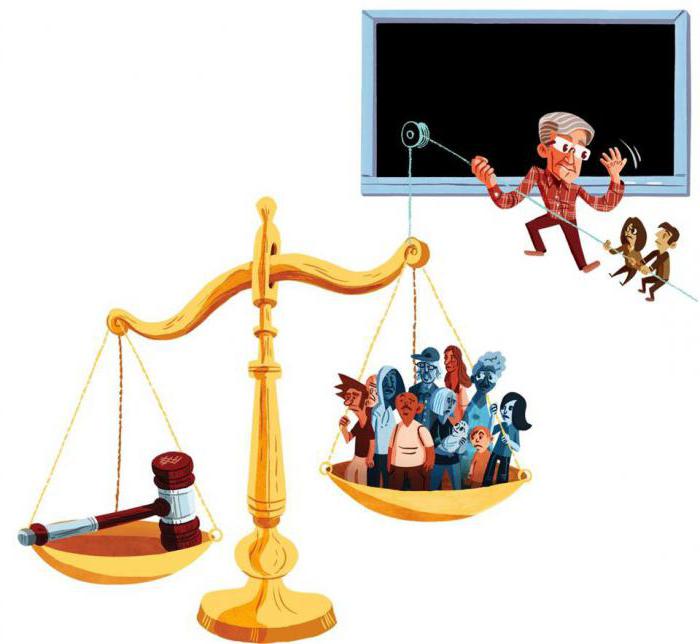
What is this about?
The current laws of our country contain a model for recognizing evidence as unacceptable, as well as a number of criteria on the basis of which such a decision can be made. In particular, it is impossible to consider in the framework of the trial the data reported by the victims, acknowledging that they received them informally. This applies to gossip, rumors. In the process of proof, it is unacceptable to rely on guesses, assumptions. It is also impossible to take into account such testimonies of people who, being witnesses, cannot accurately say from which source they received the information they are using.
I ask and demand
A petition on unacceptable evidence shall be entitled to be made by a participant in the process, in which the judge takes into account information received from the suspect and submitted to official instances in the pre-trial period when this person did not use the services of an advocate of rights. There are other limitations. In addition, it is impossible to use as evidence for the conclusions, the accusation of the data that during the pre-trial proceedings were declared by the suspect, but subsequently this person found them incorrect, refused such information. Inadmissible evidence in criminal proceedings - those whose receipt was fraught with an obvious violation of the standards established by applicable law.
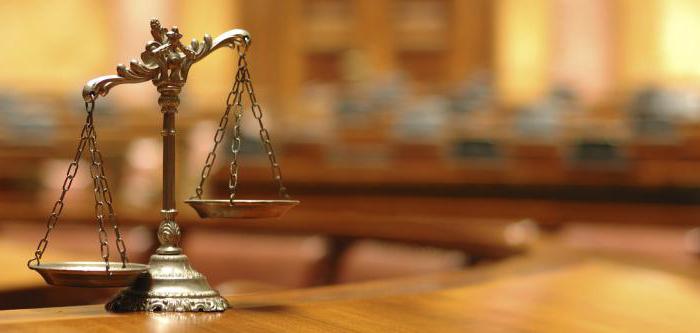
We work as usual
According to the laws in force, unacceptable evidence is those obtained in the course of operational work, if there are grounds for recognizing them as not complying with the provisions of the CPC.
The prosecutor, investigator may independently put forward an initiative, within the framework of which the information will be reviewed. This will allow invalidating evidence in court if justification is found for this. If the official has taken the appropriate initiative, the disputed data cannot be used to conduct the process. Not necessarily a motion to declare evidence inadmissible must be made by the said officials. In some cases, such a declaration of information becomes possible at the initiative of the court.
Protect your rights in full
If one of the parties has official, legal data on the basis of which a petition can be made to declare the evidence inadmissible, it is necessary to issue an appropriate statement for its consideration during the meeting. The judge is required to schedule a special hearing, in which the issue will be examined in detail.
When compiling an appeal, it is important to adhere to the requirements established for it by the laws of the country. In particular, one must keep in mind the possible grounds that make it possible to exclude evidence from the trial. If there is such in a specific situation, the author of the appeal mentions it without fail.In addition, it is necessary to clearly and clearly give a description of the controversial information object, so that the court does not have doubts about what issue is being discussed.
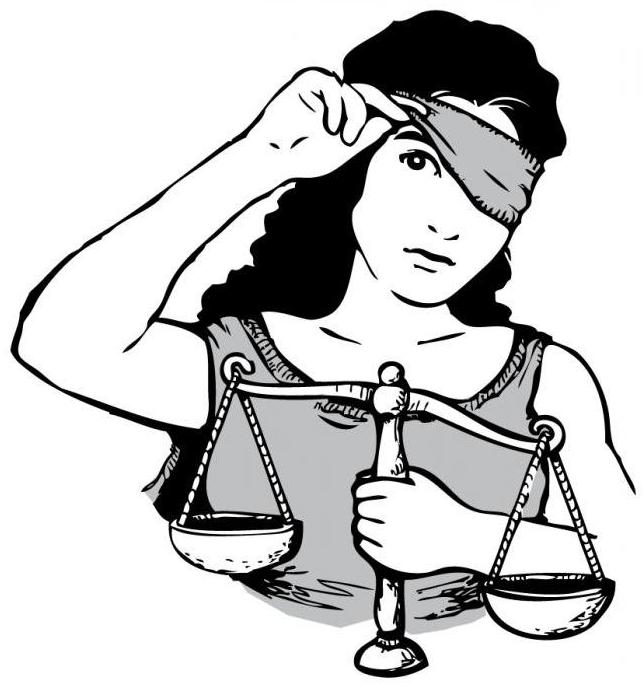
Step by step
Assuming that there is unacceptable evidence, the judge considers the motion of the participant in the process addressed to him. The obligation to identify the initiative of both parties, as well as the presence of objections from interested parties rests with the proper person. If there is no doubt, there is no official discontent, then the statement must be satisfied. In this case, unacceptable evidence is recognized as such and excluded from the trial.
As can be seen from the practice of the law enforcement bodies of our country, most often the opposite side of the hearings has a number of objections to the assignment of the corresponding status to the data. In this case, the obligation to identify the real aspects of the case rests with the court. In order to understand whether there is unacceptable evidence, you need to interview witnesses and request investigative documents related to the issue, as well as announce the results of the measures taken by the investigation as part of the controversial issue.
Some features
Often the recognition of unacceptable evidence is due to a request from one of the parties alleging that during the investigation the legal standards of the CPC were violated. If the receipt of information was really associated with such a situation, the prosecutor has an obligation to defend the position of the prosecution.
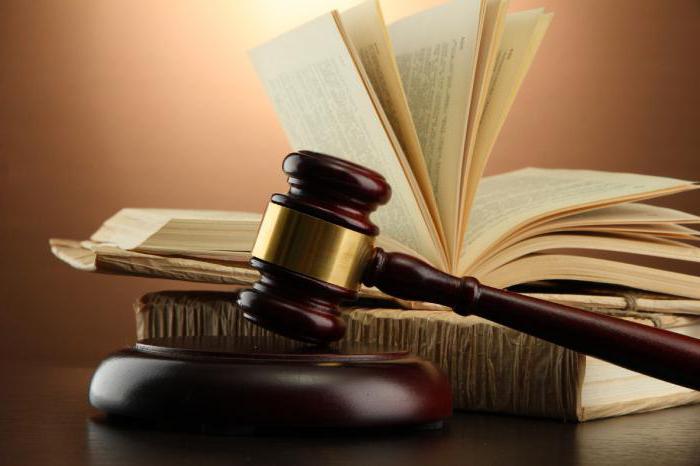
Otherwise, the evidence related to the protection of the status of the disputed information will be in the area of responsibility of the party that sent the application. If, based on the results of consideration of the appeal, it was decided to exclude data from the judicial process, their status is determined in relation to those. You can declare that they no longer have power, on the basis of which the information is not taken into account when substantiating the verdict, the decision of the prosecution.
Verification: detailed and attentive
In some cases, unacceptable evidence is first verified by additional measures using modern analysis methodologies. A special study is supposed, in the framework of which they reveal whether it is possible to use data in this particular process. The court may also decide to reconsider the disputed information resource.
According to the norms, rules regulated by the Constitution, unacceptable evidence is all that information, the receipt of which was associated with a violation of legal acts. Particular attention is paid to federal legislation, and this concept implies not only the Code of Criminal Procedure, but the whole range of existing legal acts. At the same time, judicial practice shows that it is extremely rare to resort to this possibility of recognition of information as unacceptable as part of the process.
It was, is and will be
In former times, in the legislation of our country (and earlier of the Soviet Union), the concept of “unacceptable evidence” simply did not exist. For the first time at the official level, it was introduced only in 2001. In previous times, it was also impossible to talk about the reliability of the information used in the process, since there was no system for determining this parameter. Similarly insufficient was the legislative framework for evaluating data in terms of sufficiency, relevance.
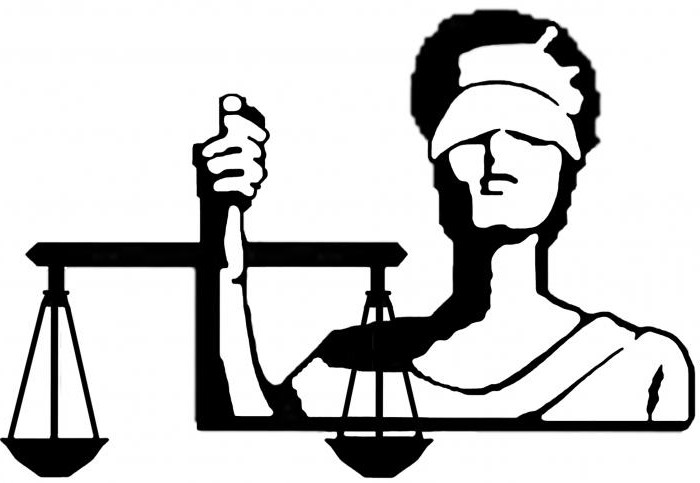
On the other hand, all of the above terms and in former times quite actively used by lawyers. According to many, the application was not always correct, because there were no universally recognized, established norms for the definition of these concepts. At that moment, when the initiative was voiced to streamline the sphere of law and order and consolidate legislative understanding of the most important terminology, a significant step forward was made towards justice.If we compare the judicial system of our country before 2001 and after, we can see that the quality of the processes has grown significantly. For the formation of concepts, the volumes of accumulated experience, practical knowledge of investigators, prosecutors, judges of our country were used.
When quality comes first
In order for the process of recognition of evidence to be inadmissible to be completely legal, correct, effective, it was decided to introduce a special article in the CPC governing this issue. At the same time, an analysis of legislative acts makes it possible to understand that the term in question is used quite often, it is used in various existing legal standards, especially in the field of criminal law. This confirms that the category is really important, and also indicates that it deserves deep consideration and study. Any lawyer should be guided in this area, and anyone who is faced with the need to participate in the process should know their rights and be able to protect them.
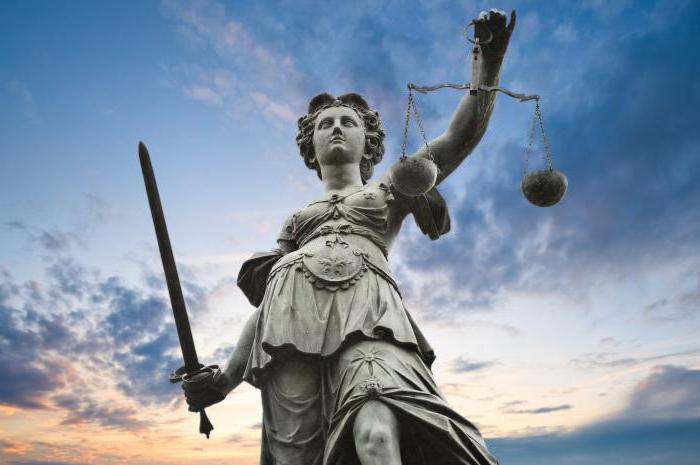
The definition of inadmissible evidence can be found in the first part of the 75th article of the CPC. It is here that it is formulated that it is necessary to classify data into this category, the receipt of which (as mentioned above) was accompanied by a violation of legal, legal standards. Such information does not have legal force. Particular attention should be paid to the fact that even evidence which was obtained without violating the laws is recognized as inadmissible, however, lawmakers recognized the sources as insufficiently reliable to be able to take into account the data transmitted by them in court. We are talking about the defendants, the accused, the information they submitted, subject to certain conditions.
What to look for?
In order to clarify the essence of unacceptable evidence, it is very important to take into account the standards mentioned in Article 281 of the Code governing the activities of law enforcement agencies. In particular, it contains separate standards for cases when, during a court session, a party opposed the disclosure of certain data. If such were obtained during the preliminary investigation, but subsequently the participant in the process did not just give up his words, but also did not want to be voiced, to operate with information, as the basis for proving any position, is unacceptable.
If, within the framework of a certain process, such a situation develops, it is taken into account that directly legislative norms do not contain the requirement for recognition of data as unacceptable. This fact follows from the procedural consequences. At the same time, many lawyers admit that certain legal norms that were in place earlier, strongly interfered with both the equal rights of the participants and the idea of competition, therefore, updating the terminology in terms of unacceptable evidence allowed us to systematize and streamline the processes, to make judicial proceedings more fair, efficient .
Features of legal practice
Both the theoretical aspects of the legal sciences and their actual use in practice allow us to say that the current terminology is not perfect enough. The fact is that in some cases the evidence can be considered inadmissible even when it does not fall under the requirements listed above. It is supposed to take into account not only the possibility of violation of the Code of Criminal Procedure during the extraction of information, but also the lack thereof. At the same time, the information cannot be considered reliable, relevant.
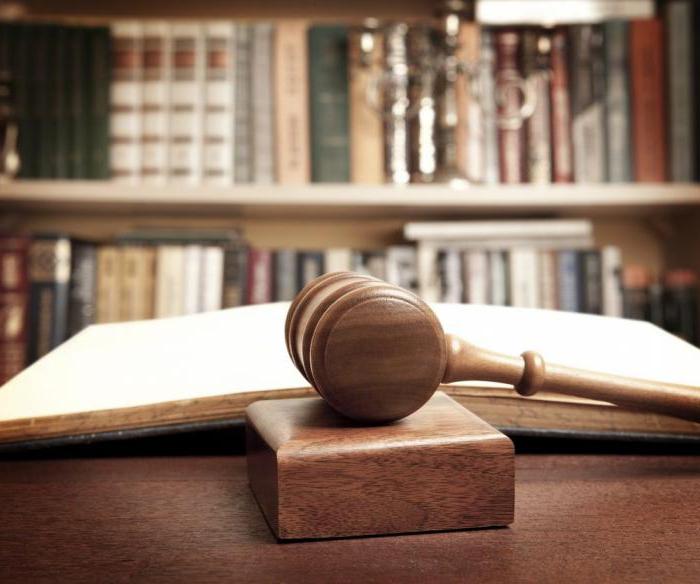
Acceptable evidence in the current legal system of our state is one that meets the basic criteria that make the data useful, reliable, relevant. In fact, we are talking about a comprehensive description of the object investigated in the lawsuit.Moreover, an understanding of admissibility implies an assessment of both the legality of the requirements and the reasonableness of the methodology for obtaining information, as well as the level of reliability. Observe these conditions only the evidence that is used to accuse a person.
But the justifications are subject to the asymmetry criterion - they can be called permissible even if the laws were violated during the extraction of information. At present, exculpatory evidence does not need to be checked for relevance; noticeably lower reliability criteria are presented to them.
Not everything is so obvious
The existing discrepancy with regard to the analysis of different categories of evidence has long been causing a series of disputes between officials, including in the field of lawmaking. Some are of the opinion that it is necessary to equalize the situation of all the data applicable in the framework of the trial, while others insist that the current system is optimal and allows to prevent the conviction of the innocent with the highest degree of accuracy.